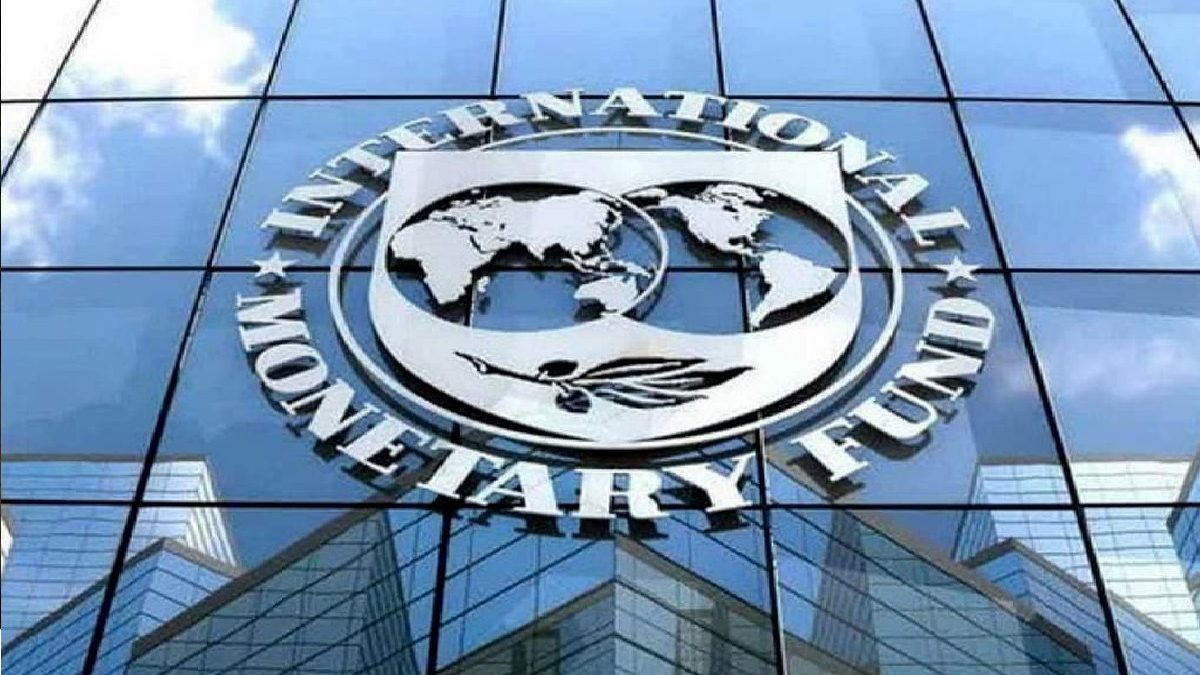Last Updated:
According to researchers, certain types of cancer appear more prevalent among vaccinated individuals compared to those who did not receive a Covid-19 shot

The study, however, admitted it did not provide a biological explanation for how vaccination might trigger cancer. (Representational Image)
More than three years after the Covid-19 pandemic brought the world to a standstill, vaccines remain a central subject of both scientific study and public debate. Hailed initially as a remarkable achievement of modern medicine for preventing severe illness and death, Covid-19 vaccines have also faced repeated controversies, ranging from alleged links to heart complications to questions about their long-term safety.
Now, a new study from South Korea has stirred fresh concern. The findings, first reported by Daily Mail, have raised alarm but are already being dismissed by experts as “scientifically inaccurate”.
Recommended Stories
According to researchers, certain types of cancer appear more prevalent among vaccinated individuals compared to those who did not receive a Covid-19 shot. The findings, published in the journal Biomarker Research, have drawn sharp criticism from global experts who warn against misinterpreting the data.
According to the Daily Mail report, the study analysed the health records of 84 lakh adults in South Korea between 2021 and 2023. Participants were divided into two groups – those who had received Covid vaccines and those who had not. Researchers then tracked cancer diagnoses in both groups over a one-year period.
The vaccines studied included both mRNA versions, such as Pfizer and Moderna, and cDNA vaccines. Published in the journal Biomarker Research, the study claimed that people who received Covid vaccines showed elevated risks of developing several cancers.
The report noted that the vaccine was associated with a 35% higher risk of thyroid cancer, 34% higher risk of gastric cancer, 68% higher risk of prostate cancer, and 53% higher risk of lung cancer. In women, thyroid and colon cancer risk was reported to rise, while in men, gastric and lung cancer risk was higher. The study further suggested that vaccinated individuals faced a 20% increased risk of breast cancer and a 28% rise in colorectal cancer.
The researchers also attempted to distinguish between vaccine types. According to their analysis, mRNA vaccines were associated with thyroid, lung, colon, and breast cancers, while cDNA vaccines were linked to thyroid, gastric, colon, lung, and prostate cancers.
However, the study admitted it did not provide a biological explanation for how vaccination might trigger cancer. Instead, it only tracked the timing of diagnoses within one year of vaccination.
International experts have strongly criticised the findings. Dr Benjamin Major of Johns Hopkins University in the US rejected the claims outright. “Cancer does not develop as quickly as the research claims. It takes years for cancer to form, grow, and then be diagnosed,” he said, adding that to prove any vaccine carcinogenic, long-term monitoring is essential.
Dr Major further argued that the Korean Cancer Association’s official data does not show any sudden surge in cancer cases by 2022, even though most of the country’s population had been vaccinated. “If vaccines were indeed the cause of cancer, the incidence of these cancers in Korea would have increased significantly by 2022. That did not happen,” he pointed out.
The study’s lack of biological mechanism, combined with its short observation period, has prompted experts to caution against drawing hasty conclusions. Many scientists believe that associating vaccines with cancer without conclusive evidence risks spreading fear and misinformation.
South Korea
October 01, 2025, 13:00 IST
Loading comments…
Read More



)